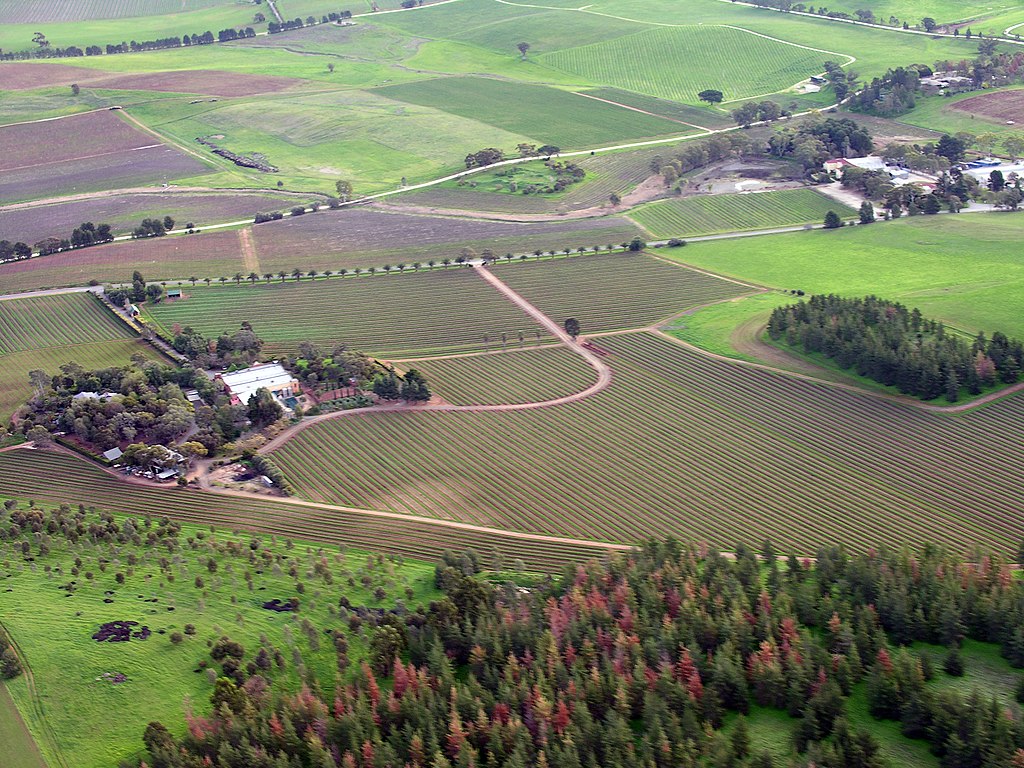
- Living in the country increases your chances of survival.
http://www.cfah.org/hbns/2014/gap-in-life-expectancy-between-rural-and-urban-residents-is-growing
This is mostly related to the distance to general hospitals where emergency care is available and how survival rates drop every minute (10% survival per minute) during strokes and cardiovascular disease.
Obesity is also more of a problem in rural areas, even if people typically assume the opposite to be true.
https://www.ncbi.nlm.nih.gov/pmc/articles/PMC3481194/
Contrary to common belief death due to traffic accidents are higher in rural areas (greater speed) compared to urban areas.
As for crime it does not always translate into more people meaning more crime. Across America (and the same goes for most developed countries) it is fairly common to find low population areas with higher crime rates than more heavily populated ones. This tends to be related more to income level and demographics rather than strictly population size.
As for worse case scenarios, I know for a fact you certainly don’t want to be isolated and on your own to fend for yourself during long periods of civil unrest when the gov. fails and society breaks down. Just google White African farmers to know how such situations go down and what outcome you can expect, even when well-armed.
- Food distribution is more fragile in the city than in the country
If you’re thinking of growing your own food that’s fantastic, by all means do that. But it is naïve to think that in a long term socioeconomic collapse you will be farming away in your farm while the world crumbles around you. It just doesn’t work that way. Venezuela today (the gov. takes your farm, ruins the economy so that you cant produce anything even if you want) , Holdemor in 1932 (gov. shoots you and steals your produce) or South Africa right this moment. If the gov. comes after you kicking your door there’s no getting around that.
- There’s less drugs
https://www.ruralhealthinfo.org/topics/substance-abuse
- Its more “green”, better for the environment.
https://www.livescience.com/13772-city-slicker-country-bumpkin-smaller-carbon-footprint.html
- Cities are full of welfare type people.
Poverty has also been dropping in urban areas while it has been increasing in rural ones.
http://www.dailyyonder.com/busting-rural-subsidy-myth/2014/01/07/7099/
Now, I don’t want to come across as some country hating city slicker. I’m certainly not. In fact I LIKE living away from large population centers and enjoy more privacy, peace and quiet. But I do objectively see that many things that seem logical simply don’t occur as you would expect when you look at the facts.
This is important so as to understand and prepare for the shortcomings no matter where we chose to live.
Personally, I’ve always tried to go for a good balance, living out of the city yet close enough to a small town that is still big enough to have most of what I need.
FerFAL
Fernando “FerFAL” Aguirre is the author of “The Modern Survival Manual: Surviving the Economic Collapse” and “Bugging Out and Relocating: When Staying is not an Option”








1 comment:
Thank you, Fernando, for pointing all these issues out to folks prepping for collapse.
Decades ago I interned on an organic market garden farm in Colorado outside of the resort city of Aspen. It wasn't long when us city slickers interns got cabin fever in the rural outskirts. One needs a car or truck or both to travel and stores for supplies and social outlets. The property owner knew his neighbors, but weren't really close. Doubt they would help out in a crisis situation.
The market garden sold an organic salad mix to the upscale Aspen restaurants.
Today, he is still there, no longer selling to the restaurants, but having classes in growing a permaculture designed homestead.
So, without BAU he would be in trouble.
Post a Comment